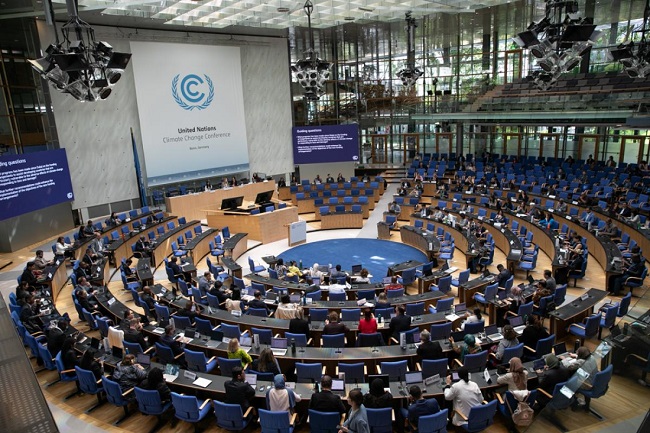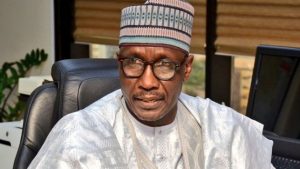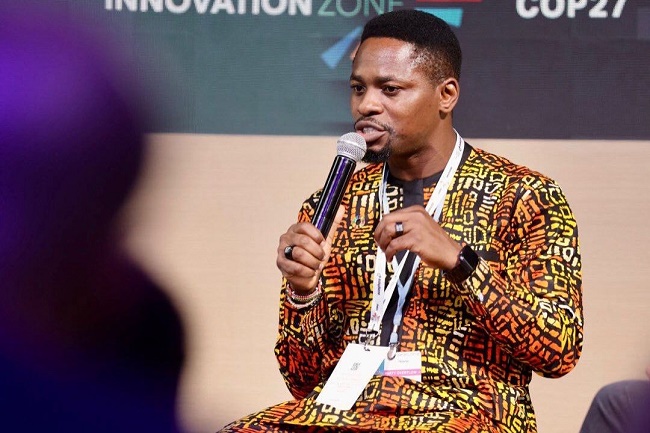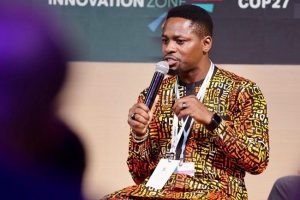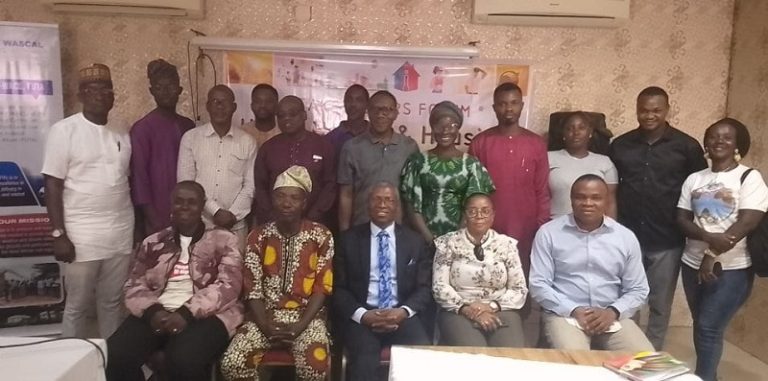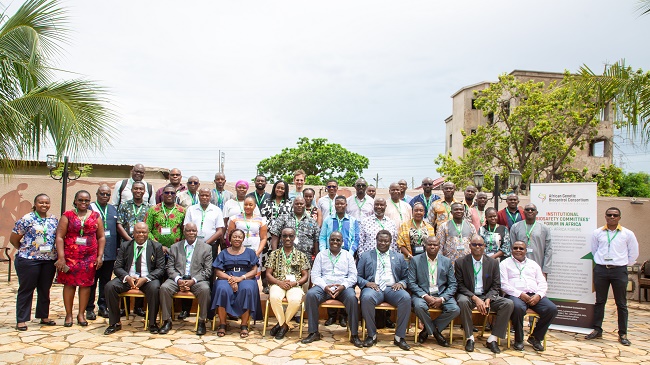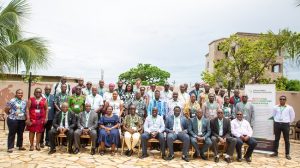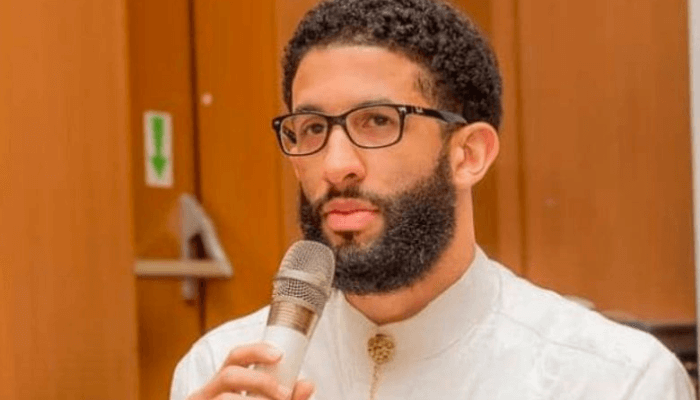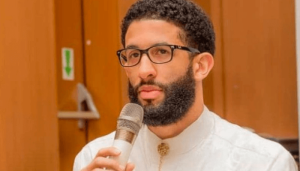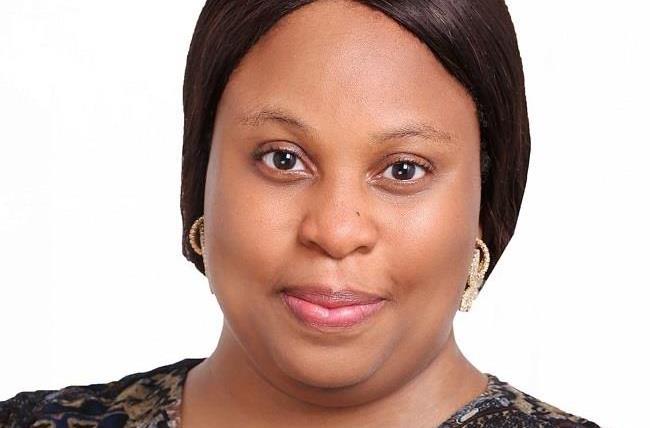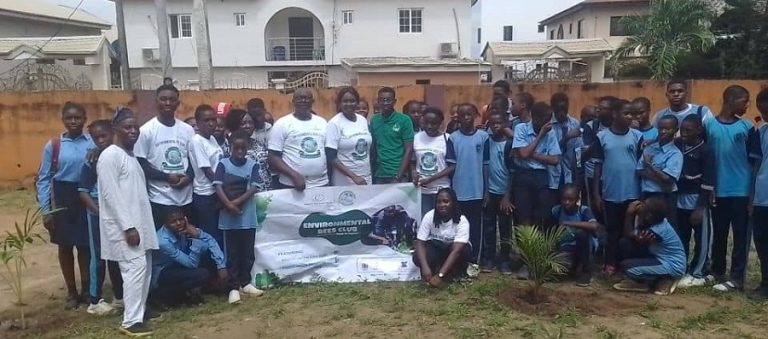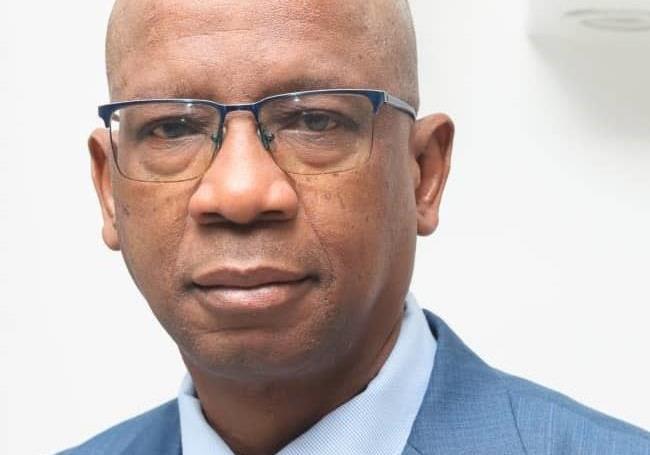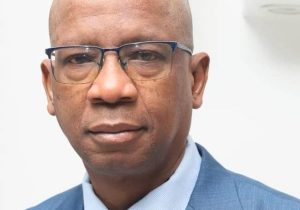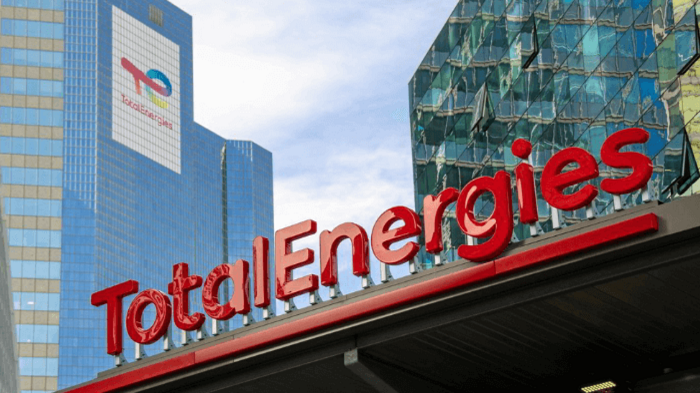Year 2024 is the big climate finance year where countries will agree on a new global climate finance goal known as The New Collective Quantified Goal (NCQG). This goal will be a key marker for a successful outcome at the annual UN climate talks (COP29) in Baku Azerbaijan.
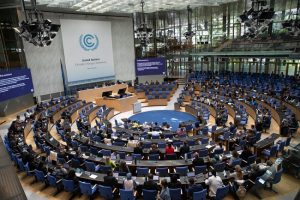
In 2009, at COP15 in Copenhagen, developed countries committed to a goal of mobilising $100 billion per year by 2020 for climate action in developing countries. At COP21 in Paris, countries agreed to set a new collective quantified goal before 2025, taking into account the needs and priorities of developing countries.
The NCQG aims to mobilise financing to support the climate needs and priorities for developing countries which include mitigation, adaptation, loss and damage and just transitions. It is also meant to provide clarity on the public funding available for developing countries to implement their next round of Nationally Determined Contributions (NDCs) and adaptation plans which are due by February 2025. Countries agreed at COP28 to submit the NDCs 9-12 months ahead of COP30.
As countries meet in Bonn, Germany for technical discussions that lay the roadmap to what will be agreed later this year, there is high expectation that this preparatory work sets a clear ambition for a realistic finance target that is commensurate with the scale of needs and speed to deal with the climate crisis.
For developing countries, this means provision of finance that enables them to deal with the frequency of extreme weather events that leave the most vulnerable bearing the brunt of climate impacts.
For developing countries, this means a quantum figure in the trillions, with some like the Africa Group citing a figure of not less than $1.3 trillion per year by 2030. More than the amount in quantitative terms, countries are clear on the need for the financing to be quality. This means that the agreed climate financing will not be given in the form of loans as has happened in the past, should not be double counted and hence should be additional to development finance.
Climate finance that has been given in the form of loans has exacerbated the debt burden of developing countries. A study by ONE Campaign shows that due to debt service repayments, financial outflows from African countries have surpassed inflows that include official development assistance.
Will Bonn set the direction for considerations to inform an adequate and quality finance target? Looking at the agenda currently, the answer hangs in the balance. There seems to be an attempt to avoid discussing the amounts at these technical discussions. The danger with this is, leaving that crucial item to be discussed too late in the day and history repeating itself – having an arbitrary figure that is more of a political guess work, disregarding the real needs and purpose for which it is meant for.
Ali Mohamed, African Group of Negotiators Chair, said: “As the negotiations get into the second week, our work as the AGN is to ensure that we get a progressive draft text that sends a signal that non debt inducing climate finance will flow to developing countries at the scale needed to drive non carbon intensive and climate resilient development. SB60 is an opportunity to rebuild trust in the principle of common but differentiated responsibilities and respective capabilities. That trust can only be rebuilt if we come out of Bonn with a quantum that adequately covers the needs of the continent. The figure Africa is asking for from here as we head into COP29 is $1.3 trillion per year by 2030.”
Evans Njewa, Chair of the Least Developed Countries Group, said: “The first week has been promising, as the chair mandated to oversee 45 Least Developed Countries (LDCs) across the world, I have been keen to shape a process that is inclusive and meets the needs of LDCs. As we get into the second week where a lot of negotiation texts are likely to be concluded, we hope to agree that developed countries will provide climate financing that is based on science, is accessible and scaled up to meet the needs of developing countries. It is my hope that we will agree on shared commonalities that will produce a draft text that will give us positive decisions in Baku.”
Sven Harmeling, Head of Climate, Climate Action Network, Europe, said: “We analysed European Union climate finance and while there has been an increase in contributions in recent years, the scale definitely doesn’t match what is required. This year and in future climate financing debates, the EU must significantly increase the quality of financing and move away from non-grant instruments like loans, which have been 50% and step up in grants as these are particularly important for vulnerable countries to address the climate crisis.”
Imane Saidi, Diplomacy and cooperation researcher, Imal Initiative for Climate & Development, said: “The NCQG consultations have been held hostage by debates over the reform of the contributor base and the relevance of Article 2.1c of the Paris Agreement. These issues are not only outside the mandate but also stall substantial discussions on defining the structure, timeframe, and quantum of the goal.
“A progressive NCQG text for Africa and other developing countries should move beyond these tactics and conditionalities set by developed country Parties, to avoid their historical responsibility and focus on the core mandate. It should emphasise genuine accountability from developed countries and prioritise the real needs of the developing world.”
Stela Herschmann, Climate Policy Specialist at Observatório do Clima, Brazil, said: “We are getting into the second week of SB60 and so far, what we’ve seen is countries reinforcing known positions. There hasn’t yet been a substantial debate at this meeting on what really matters, such as what climate finance actually is and how much we’re talking about. Countries, especially the developed ones, need to stop dodging and come up with clear proposals and figures, or we’ll hardly make any concrete progress at this meeting, with worrying consequences for COP this year and our way to Belém.”
Eva Peace, Loss and Damage Youth Coalition, said: “The new climate finance goal is an opportunity to learn from the lessons of the $100 billion goal and design the NCGQ to meet the needs and priorities of developing countries. The NCQG should include sub-goals on loss and damage, adaptation, and mitigation and provide public grant-based finance.
“At COP28 we got the establishment of a loss and damage fund which unlocked another phase of addressing the climate change shocks in Africa and strengthening recovery for our communities. However, that is not enough, as we get into this second week of negotiations, we hope developed countries agree to take responsibility in the mobilisation and provision of climate finance by prioritising the inclusion of loss and damage.”

